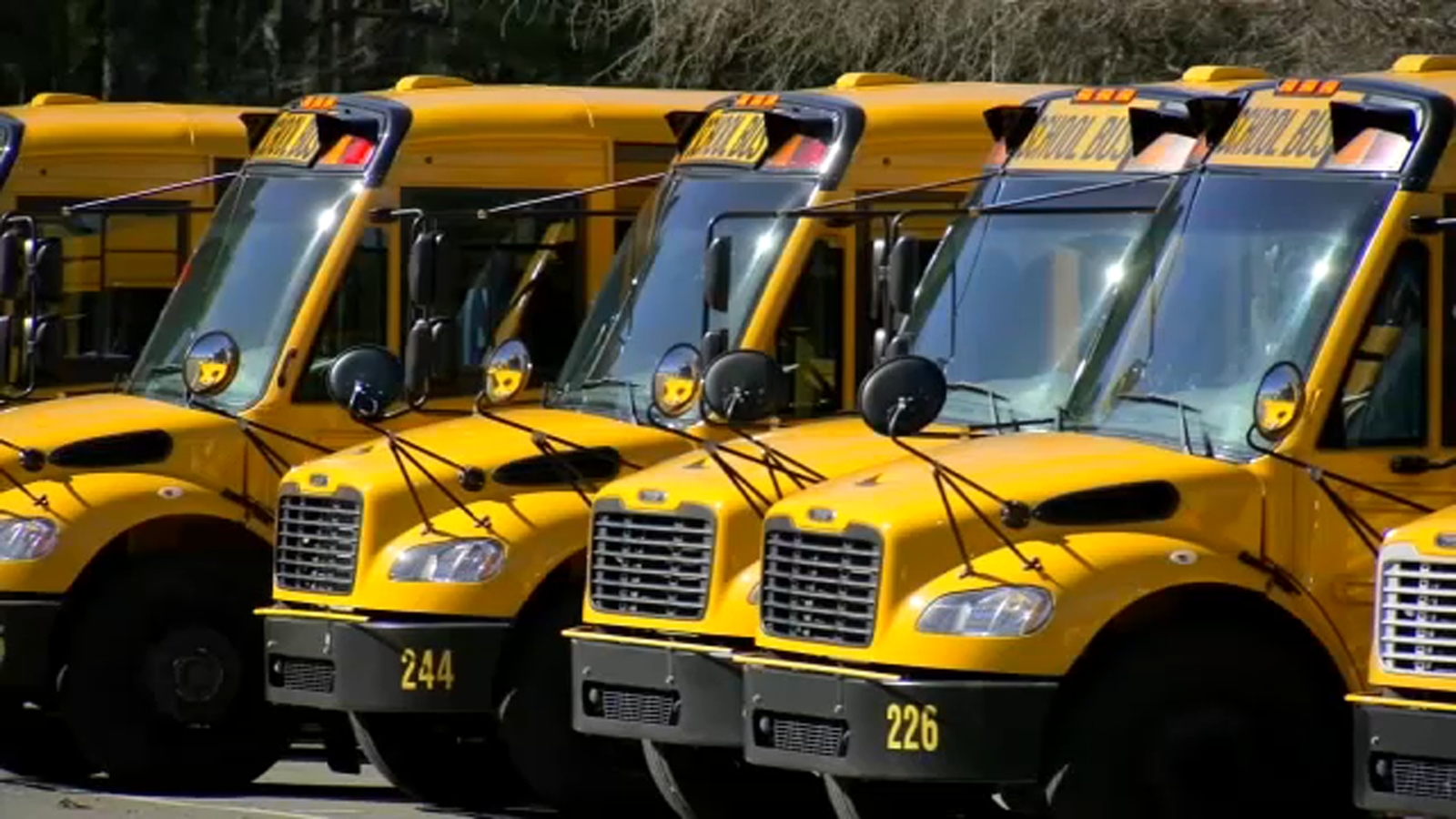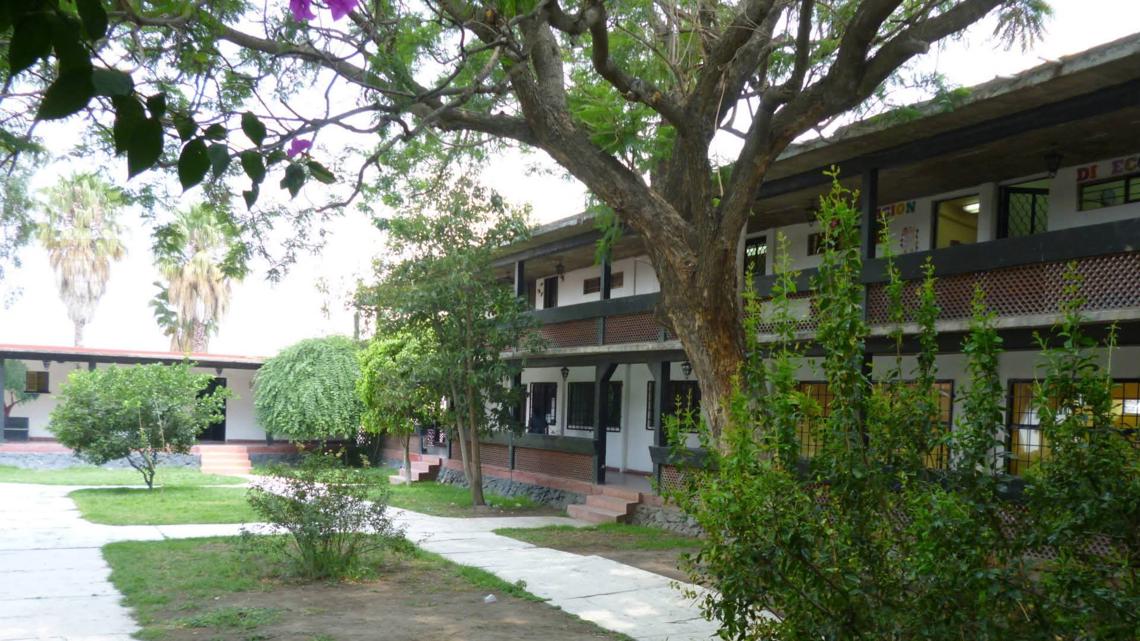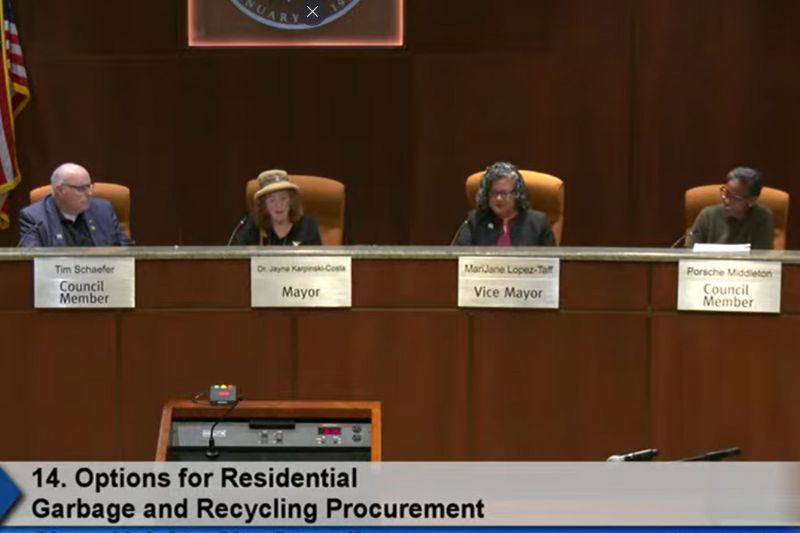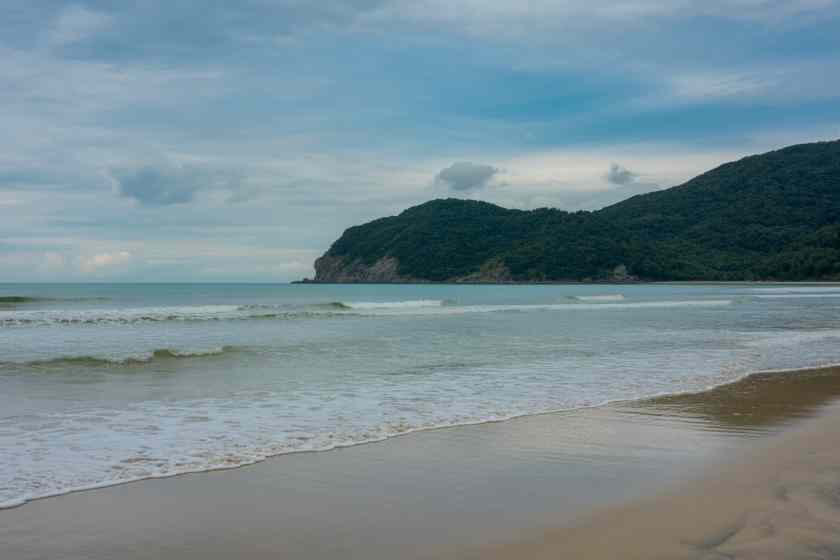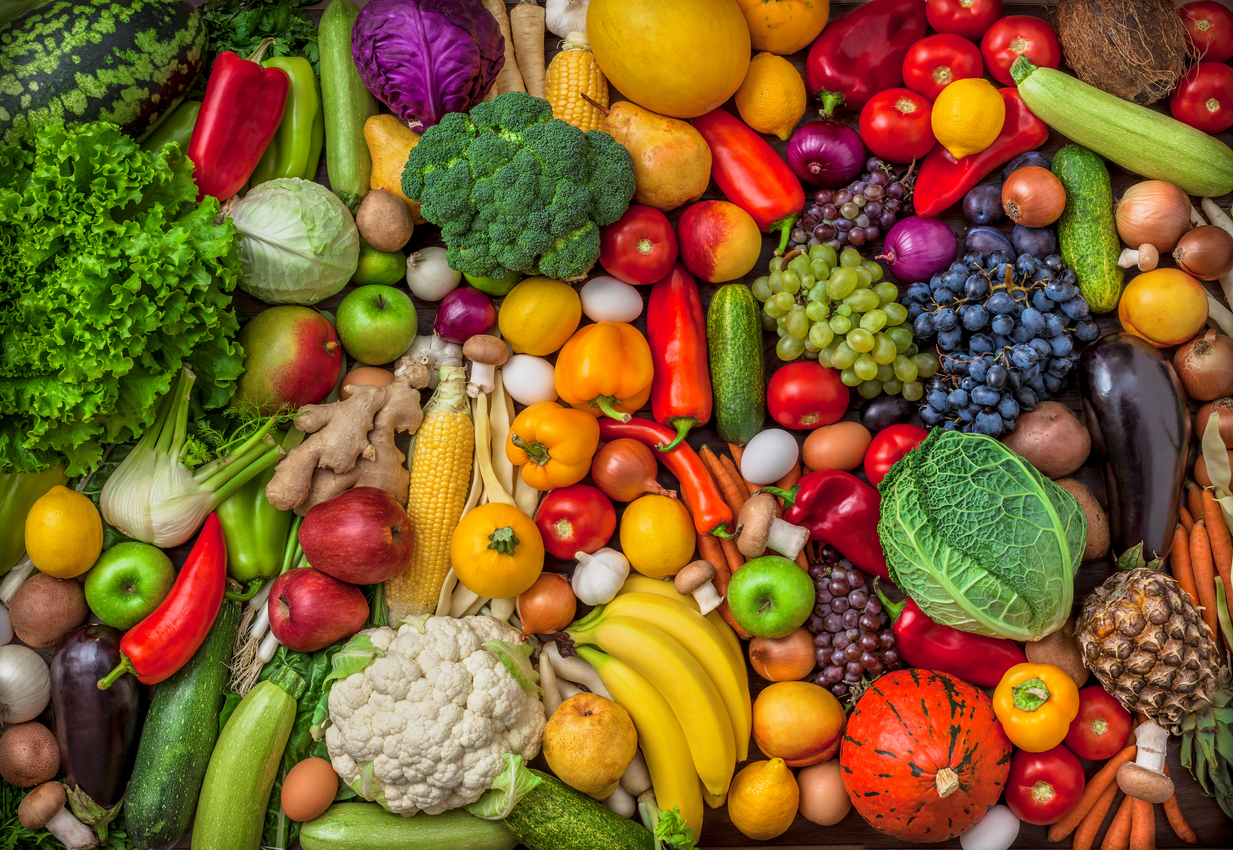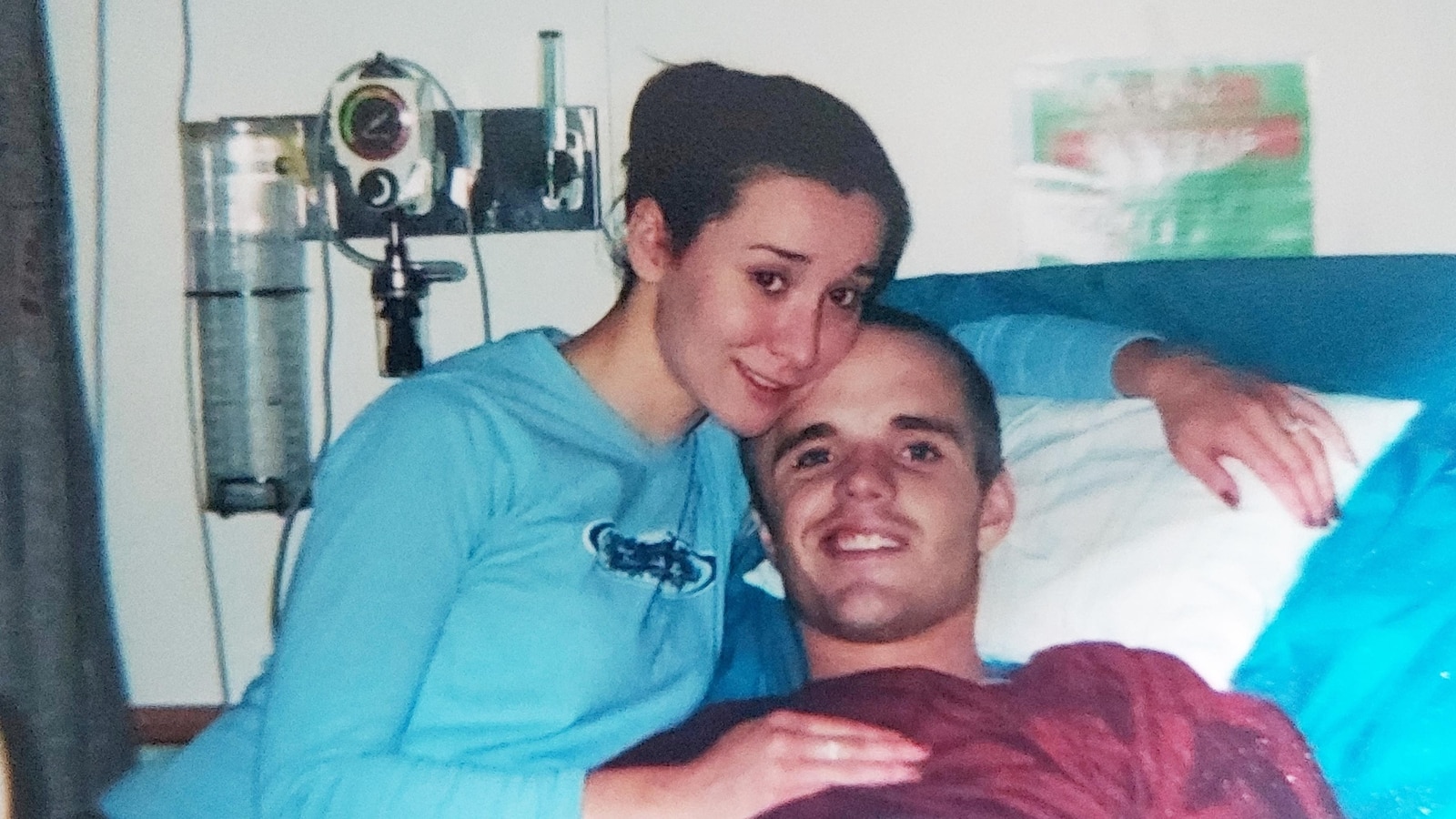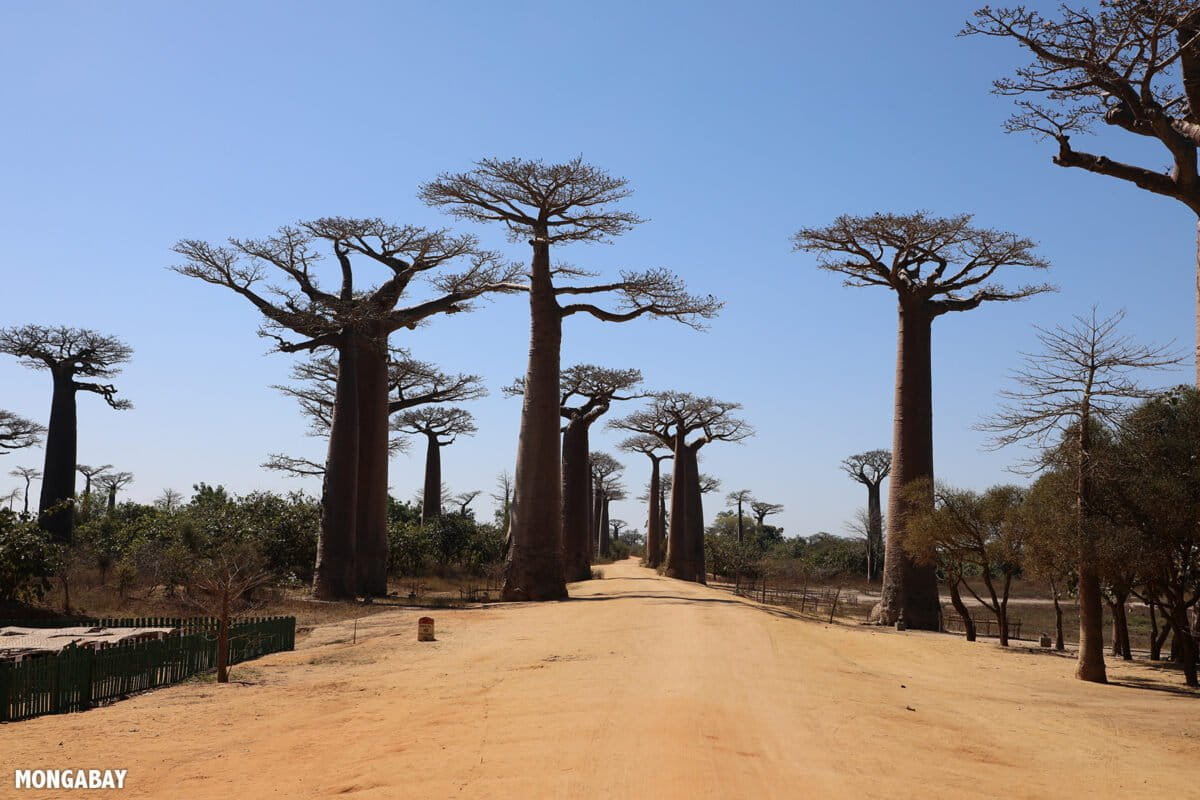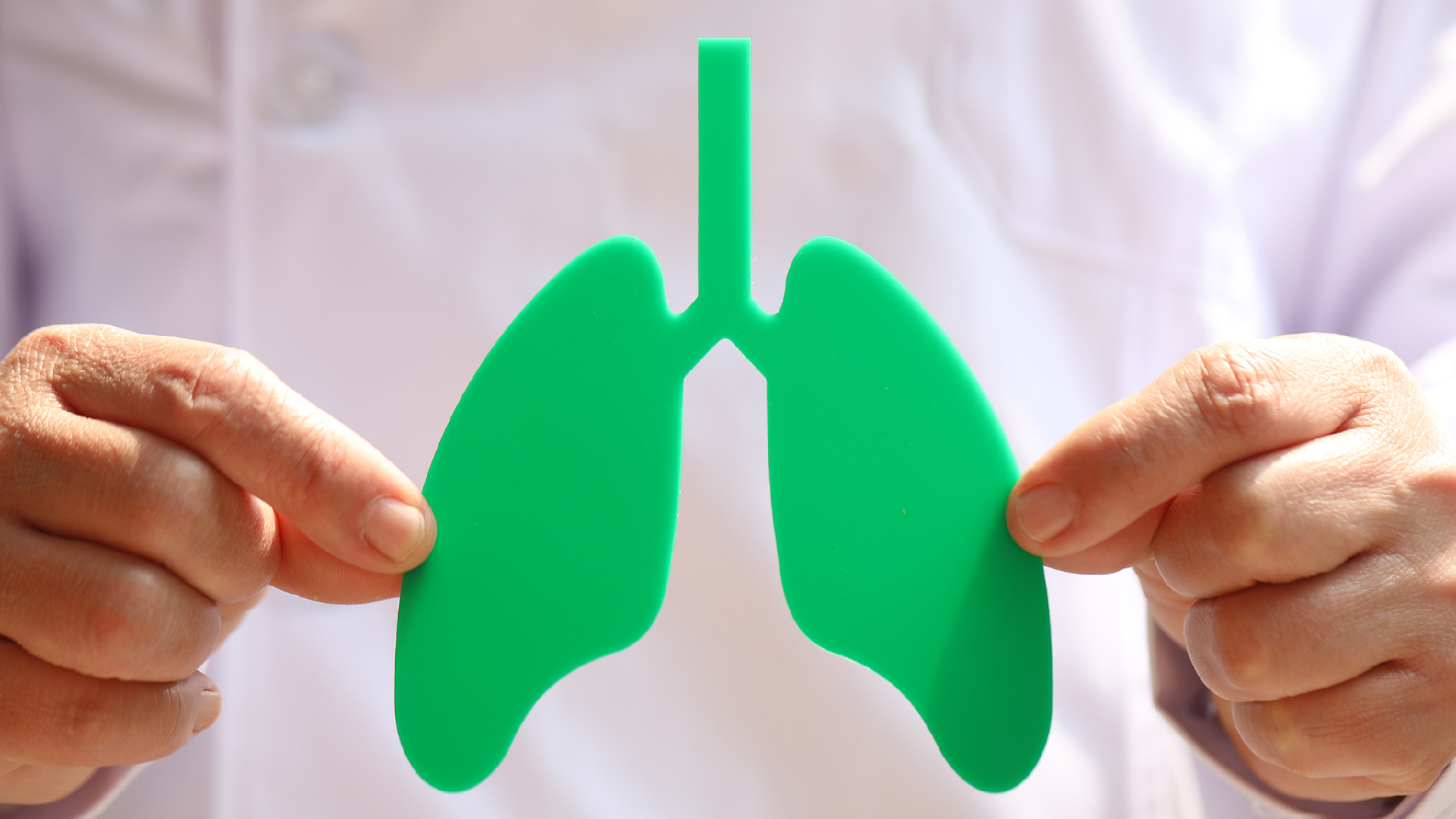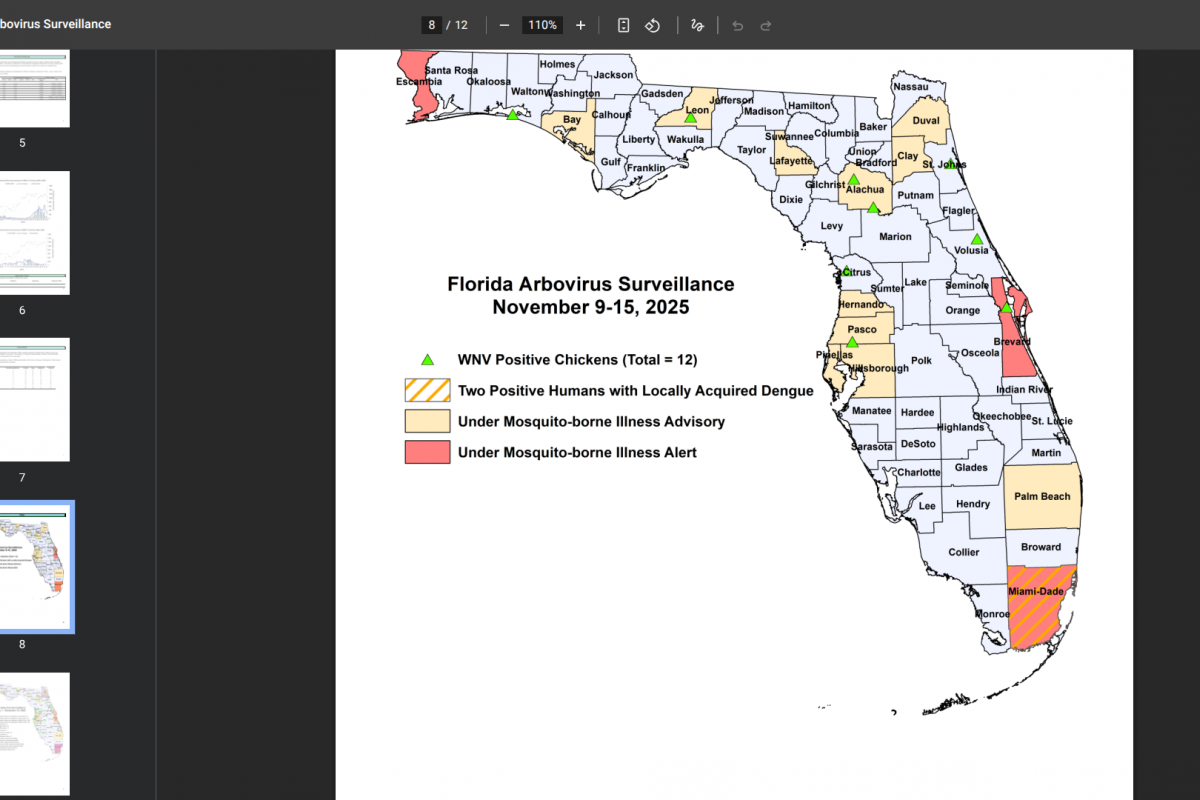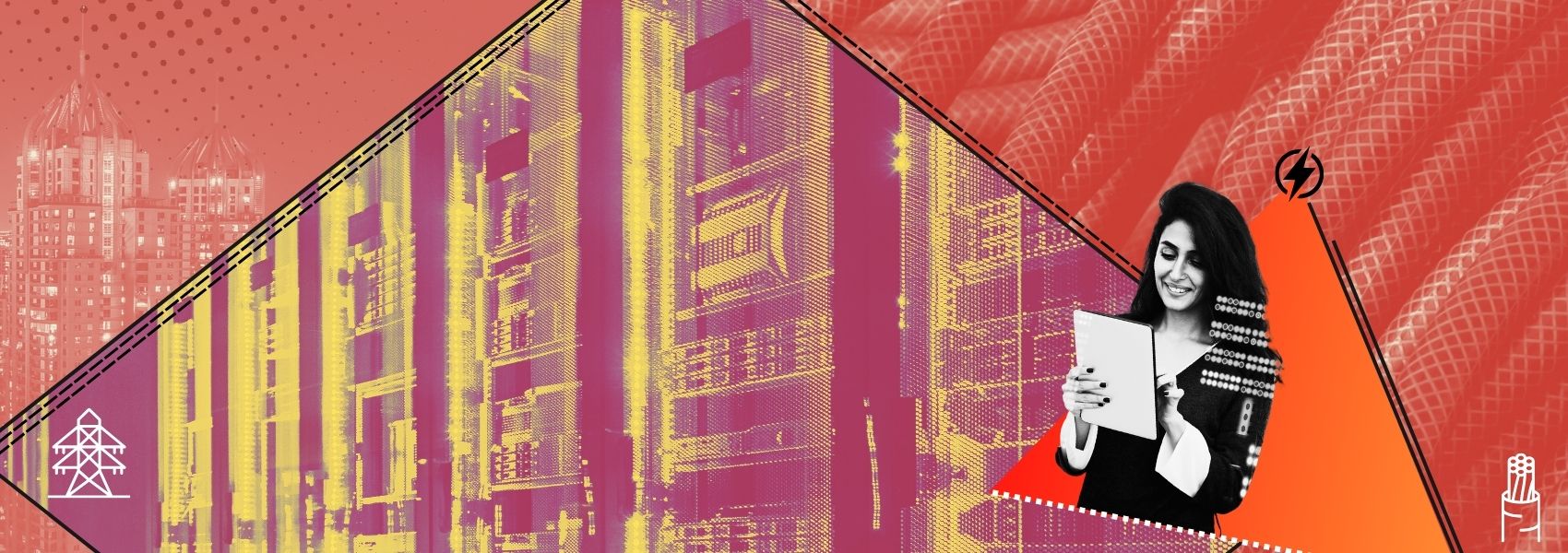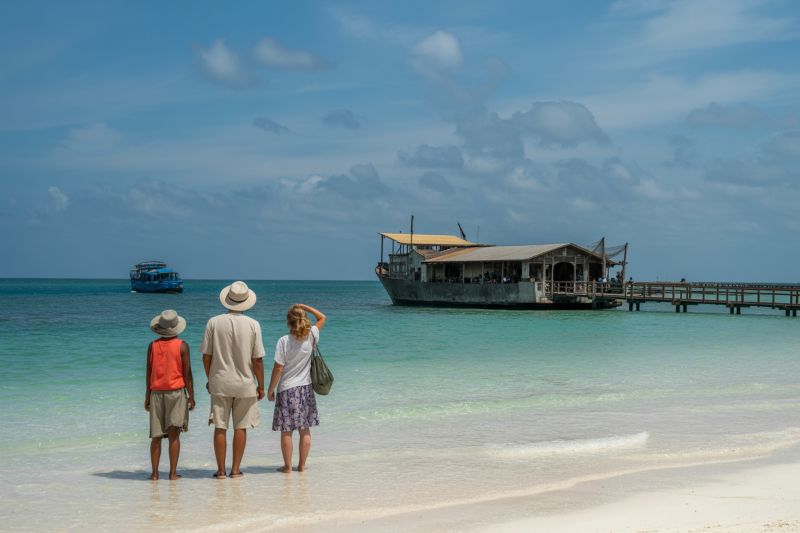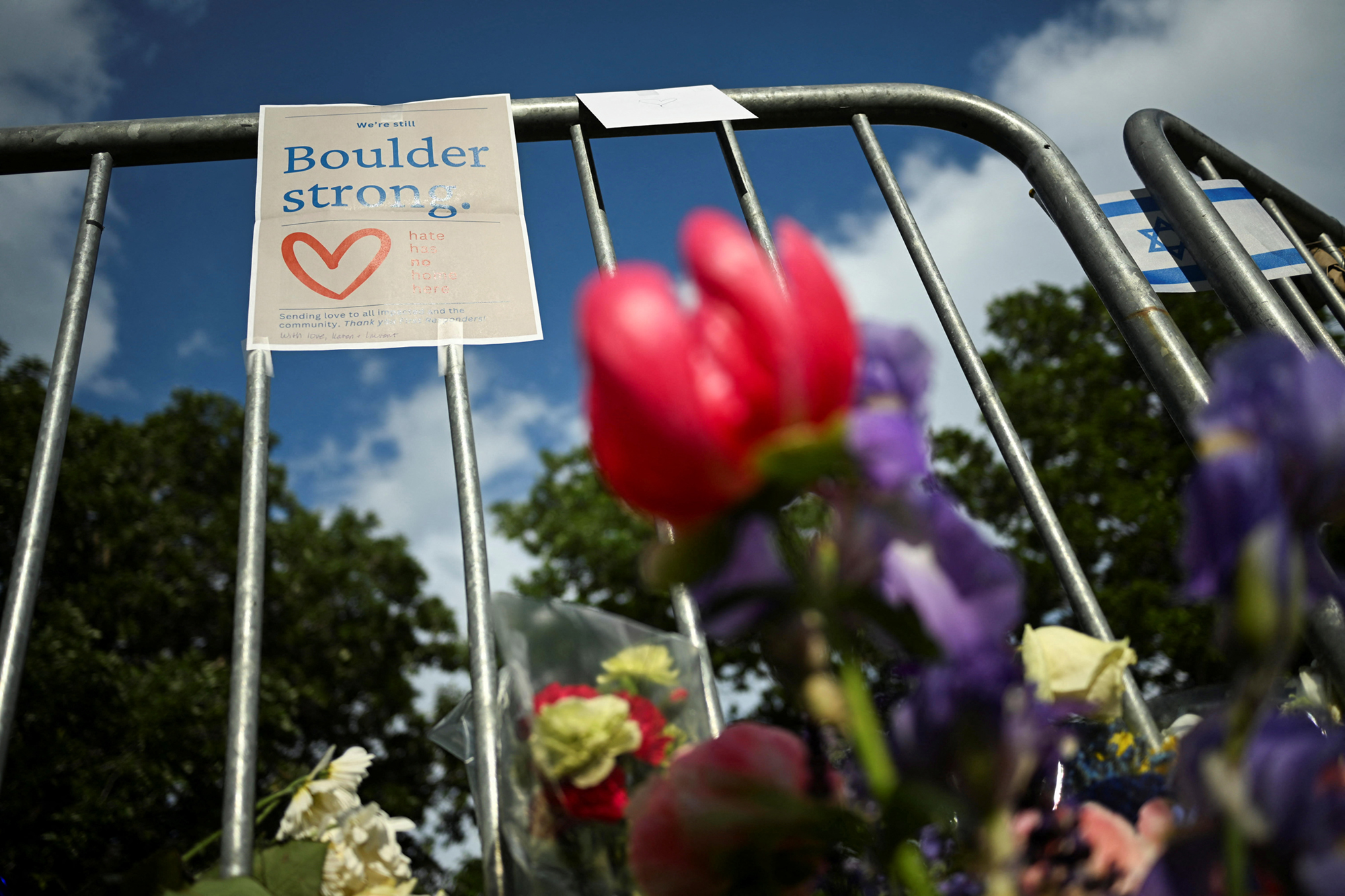When Defending Nature Is Met with Imprisonment: International Day of… – World Organisation Against Torture | OMCT

Report on the Case of Environmental Defender Pablo López Alavez and its Implications for Sustainable Development Goals
1.0 Introduction: The Criminalization of an Environmental Defender
This report details the case of Pablo López Alavez, an indigenous Zapotec environmental human rights defender (HRD) from Oaxaca, Mexico. His arbitrary detention since 2010 exemplifies the profound challenges to achieving the Sustainable Development Goals (SDGs), particularly in the context of environmental protection, indigenous rights, and justice. Mr. López Alavez’s activism in protecting forests and water resources directly aligns with SDG 15 (Life on Land) and SDG 6 (Clean Water and Sanitation). However, his subsequent criminalization represents a severe contravention of SDG 16 (Peace, Justice and Strong Institutions) and SDG 10 (Reduced Inequalities).
2.0 Background: Activism in Defense of Community and Environment
2.1 Profile of the Human Rights Defender
Prior to his arrest, Pablo López Alavez was a farmer and a respected community leader in San Isidro Aloapam. His work was fundamentally linked to the principles of sustainable development.
- Environmental Stewardship (SDG 15 & SDG 6): For over two decades, he actively protected his community’s forests and water sources from illegal logging, contributing directly to the targets of SDG 15 (Life on Land) concerning halting deforestation and biodiversity loss, and SDG 6 (Clean Water and Sanitation) by safeguarding water-related ecosystems.
- Community Leadership (SDG 16): He held numerous public positions, including community police officer and member of the Drinking Water Committee, demonstrating a commitment to building effective and accountable institutions at the local level, a cornerstone of SDG 16.
3.0 Arbitrary Detention and Systemic Failure of Justice
3.1 Circumstances of Arrest and Legal Proceedings
The arrest and subsequent legal proceedings against Mr. López Alavez highlight a systemic failure to uphold the rule of law, directly undermining SDG 16.
- Arbitrary Detention: On August 15, 2010, he was forcibly detained without a warrant by armed, unidentified men. He was subjected to torture during this period.
- Flawed Prosecution: He was accused of a 2007 murder related to a land conflict, despite a lack of incriminating evidence. This action is viewed as retaliation for his environmental advocacy against powerful illegal logging interests.
- Violation of Due Process (SDG 16.3): The entire legal process has been characterized by irregularities. Despite a 2020 ruling that overturned his initial conviction due to a flawed trial, he was resentenced to 30 years in prison in 2025. This failure to ensure equal access to justice is a direct violation of SDG Target 16.3.
3.2 International Recognition of Injustice
The case has drawn significant international attention, confirming the arbitrary nature of his imprisonment.
- United Nations WGAD Opinion: The UN Working Group on Arbitrary Detention (WGAD) issued an opinion describing his detention as arbitrary and concluding that the true motive was his work as a human rights defender.
- Failure to Uphold International Mandates: The continued imprisonment of Mr. López Alavez, despite the WGAD opinion, demonstrates a failure by the state to adhere to international human rights mechanisms, further weakening the institutions promoted under SDG 16.
4.0 Socio-Economic and Cultural Impacts
4.1 Impact on Family and Community
The detention has had devastating consequences, touching upon multiple SDGs related to poverty, inequality, and gender.
- Economic Hardship and Displacement (SDG 1 & SDG 10): The family, led by his wife Yolanda Pérez Cruz, was forced to flee their community due to threats. This forced displacement has led to severe economic strain, cultural uprooting, and chronic illness, exacerbating inequalities contrary to the aims of SDG 1 (No Poverty) and SDG 10 (Reduced Inequalities).
- Impact on Indigenous Identity (SDG 10.2): The family’s need to adapt to an urban, non-indigenous environment and learn Spanish underscores the challenges faced by indigenous peoples when their rights and lands are not protected, a key concern of SDG Target 10.2 which aims to empower and promote the social, economic and political inclusion of all, irrespective of origin.
- Gendered Consequences (SDG 5): Yolanda Pérez Cruz, a monolingual indigenous woman, was forced to become a bilingual human rights defender to fight for her husband’s freedom, facing harassment and threats. This highlights the disproportionate burden placed on women in such conflicts and the urgent need to protect women HRDs, in line with SDG 5 (Gender Equality).
5.0 Conclusion: A Call for Justice in Alignment with Global Goals
The case of Pablo López Alavez is a critical test of Mexico’s commitment to the 2030 Agenda for Sustainable Development. His work embodies the spirit of the SDGs, while his persecution undermines them.
5.1 Demands for Action
In a 2025 letter, Mr. López Alavez requested intervention for his “immediate release” for his work “in defence of the forest.” The following actions are imperative:
- Uphold SDG 16: The Mexican state must heed the calls from United Nations experts and the WGAD by ensuring the immediate and unconditional release of Pablo López Alavez, thereby restoring faith in the justice system.
- Protect Environmental Defenders (SDG 15 & 16): Implement robust protection mechanisms for environmental and indigenous human rights defenders to ensure they can continue their vital work of protecting ecosystems without fear of reprisal.
- Address Indigenous Rights (SDG 10): Tackle the systemic discrimination and criminalization faced by indigenous activists, ensuring their rights to land, resources, and cultural identity are respected.
Securing justice for Pablo López Alavez is not only a matter of individual human rights but a necessary step toward achieving a sustainable and just future for all, as envisioned by the Sustainable Development Goals.
Which SDGs are addressed or connected to the issues highlighted in the article?
-
SDG 15: Life on Land
The article centrally focuses on Pablo López Alavez’s work as an environmental defender dedicated to protecting his community’s forest and water resources from illegal logging. His actions directly align with the goal of protecting, restoring, and promoting the sustainable use of terrestrial ecosystems.
-
SDG 16: Peace, Justice and Strong Institutions
This goal is extensively addressed through the narrative of Pablo’s case. The article details his arbitrary detention, torture, lack of due process, and the criminalization he faced for his human rights work. It highlights the failure of the justice system and the persecution of activists, pointing to a need for strong, just, and accountable institutions.
-
SDG 10: Reduced Inequalities
The article emphasizes that Pablo is an indigenous Zapotec and that his case is “an example of the widespread criminalisation of human rights defenders in Mexico, particularly indigenous and environmental activists.” This highlights the systemic inequalities and discrimination faced by indigenous communities in the justice system.
-
SDG 5: Gender Equality
The story of Pablo’s wife, Yolanda Pérez Cruz, connects to this goal. She is described as a “woman human rights defender” who was forced to flee, faced constant threats, and had to overcome linguistic barriers to fight for justice. This illustrates the specific vulnerabilities and challenges faced by women activists.
What specific targets under those SDGs can be identified based on the article’s content?
-
SDG 15: Life on Land
-
Target 15.2: “By 2020, promote the implementation of sustainable management of all types of forests, halt deforestation, restore degraded forests and substantially increase afforestation and reforestation globally.”
Pablo’s work for over 20 years involved “caring for and protecting his community’s natural resources, especially the forest and water, from threats of illegal deforestation” and reporting “illegal logging.” His efforts were aimed at halting deforestation, which is the core of this target.
-
Target 15.5: “Take urgent and significant action to reduce the degradation of natural habitats, halt the loss of biodiversity and, by 2020, protect and prevent the extinction of threatened species.”
In his letter, Pablo mentions that illegal logging “destroys our municipality… destroying water sources, springs, wild animals and more.” This shows his work was also focused on protecting natural habitats and the biodiversity within them.
-
Target 15.2: “By 2020, promote the implementation of sustainable management of all types of forests, halt deforestation, restore degraded forests and substantially increase afforestation and reforestation globally.”
-
SDG 16: Peace, Justice and Strong Institutions
-
Target 16.1: “Significantly reduce all forms of violence and related death rates everywhere.”
The article mentions a “historic conflict between the communities resurfaced, leading to an outbreak of violence that resulted in several deaths related to deforestation.” Pablo himself was attacked by armed men, and his family received constant threats.
-
Target 16.3: “Promote the rule of law at the national and international levels and ensure equal access to justice for all.”
Pablo’s case is a clear example of the failure to meet this target. He was “arbitrarily detained,” faced a trial “riddled with irregularities,” and experienced “violations of due process and human rights.” The fact that he was sentenced despite a lack of evidence and a UN Opinion calling for his release demonstrates a lack of equal access to justice.
-
Target 16.10: “Ensure public access to information and protect fundamental freedoms, in accordance with national legislation and international agreements.”
Pablo was criminalized for exercising his fundamental freedom to “raise our voices in defence of nature.” His arrest and imprisonment were described as retaliation for his work as a human rights defender, representing a direct attack on these freedoms.
-
Target 16.1: “Significantly reduce all forms of violence and related death rates everywhere.”
-
SDG 10: Reduced Inequalities
-
Target 10.3: “Ensure equal opportunity and reduce inequalities of outcome, including by eliminating discriminatory laws, policies and practices and promoting appropriate legislation, policies and action in this regard.”
The article suggests that Pablo’s indigenous identity played a role in his treatment, citing his case as emblematic of the criminalization of “particularly indigenous and environmental activists.” This points to a discriminatory practice within the justice system that creates an inequality of outcome for indigenous defenders.
-
Target 10.3: “Ensure equal opportunity and reduce inequalities of outcome, including by eliminating discriminatory laws, policies and practices and promoting appropriate legislation, policies and action in this regard.”
-
SDG 5: Gender Equality
-
Target 5.2: “Eliminate all forms of violence against all women and girls in the public and private spheres…”
Pablo’s wife, Yolanda Pérez Cruz, was forced to flee her community “due to the constant threats they received” and suffered “harassment.” These threats and harassment constitute a form of violence against a woman human rights defender.
-
Target 5.2: “Eliminate all forms of violence against all women and girls in the public and private spheres…”
Are there any indicators mentioned or implied in the article that can be used to measure progress towards the identified targets?
-
For SDG 15: Life on Land
-
Indicator (Implied): Rate of illegal deforestation and logging in indigenous communities.
The article’s focus on Pablo’s fight against “illegal logging” and “illegal deforestation” implies that the extent of these activities is a key measure of the problem. A reduction would indicate progress.
-
Indicator (Implied): Rate of illegal deforestation and logging in indigenous communities.
-
For SDG 16: Peace, Justice and Strong Institutions
-
Indicator (Directly related to official indicator 16.10.1): Number of verified cases of arbitrary detention and torture of human rights advocates.
The article explicitly details Pablo’s case as one of “arbitrary detention” and states he was “subjected to ill-treatment, torture and threats.” The UN Working Group on Arbitrary Detention’s opinion on his case serves as official verification, making this a clear indicator.
-
Indicator (Implied): Number of judicial cases against human rights defenders overturned due to due process violations.
The article mentions that Pablo’s conviction was “overturned by a judge who recognised that the trial was riddled with irregularities.” Tracking such instances would measure the judiciary’s capacity to correct its own failures.
-
Indicator (Directly related to official indicator 16.10.1): Number of verified cases of arbitrary detention and torture of human rights advocates.
-
For SDG 10: Reduced Inequalities
-
Indicator (Implied): Number of indigenous human rights defenders unjustly imprisoned or criminalized.
The article states Pablo is the “last indigenous defender in Mexico with a favourable opinion from the WGAD, who remains unjustly deprived of his liberty” and that his case exemplifies “widespread criminalisation… particularly [of] indigenous… activists.” Counting these cases would measure the scale of this specific inequality.
-
Indicator (Implied): Number of indigenous human rights defenders unjustly imprisoned or criminalized.
-
For SDG 5: Gender Equality
-
Indicator (Implied): Number of reported threats and cases of harassment against women human rights defenders.
The article specifies that Yolanda Pérez Cruz received “constant threats” and suffered “harassment,” for which she was granted “precautionary measures.” Documenting these incidents is a direct way to measure violence and threats against women activists.
-
Indicator (Implied): Number of reported threats and cases of harassment against women human rights defenders.
Table of SDGs, Targets, and Indicators
| SDGs | Targets | Indicators (Identified in the Article) |
|---|---|---|
| SDG 15: Life on Land | 15.2: Halt deforestation. 15.5: Halt biodiversity loss. |
Implied: Rate of illegal logging and deforestation in the community of San Isidro Aloapam. |
| SDG 16: Peace, Justice and Strong Institutions | 16.1: Reduce all forms of violence. 16.3: Ensure equal access to justice. 16.10: Protect fundamental freedoms. |
Mentioned/Implied: Number of verified cases of arbitrary detention and torture of human rights defenders (Pablo’s case is a documented example). |
| SDG 10: Reduced Inequalities | 10.3: Ensure equal opportunity and reduce inequalities of outcome. | Implied: Number of indigenous activists criminalized or imprisoned for their environmental defense work. |
| SDG 5: Gender Equality | 5.2: Eliminate all forms of violence against all women. | Implied: Number of threats and acts of harassment against women human rights defenders (as experienced by Yolanda Pérez Cruz). |
Source: omct.org

What is Your Reaction?
 Like
0
Like
0
 Dislike
0
Dislike
0
 Love
0
Love
0
 Funny
0
Funny
0
 Angry
0
Angry
0
 Sad
0
Sad
0
 Wow
0
Wow
0




